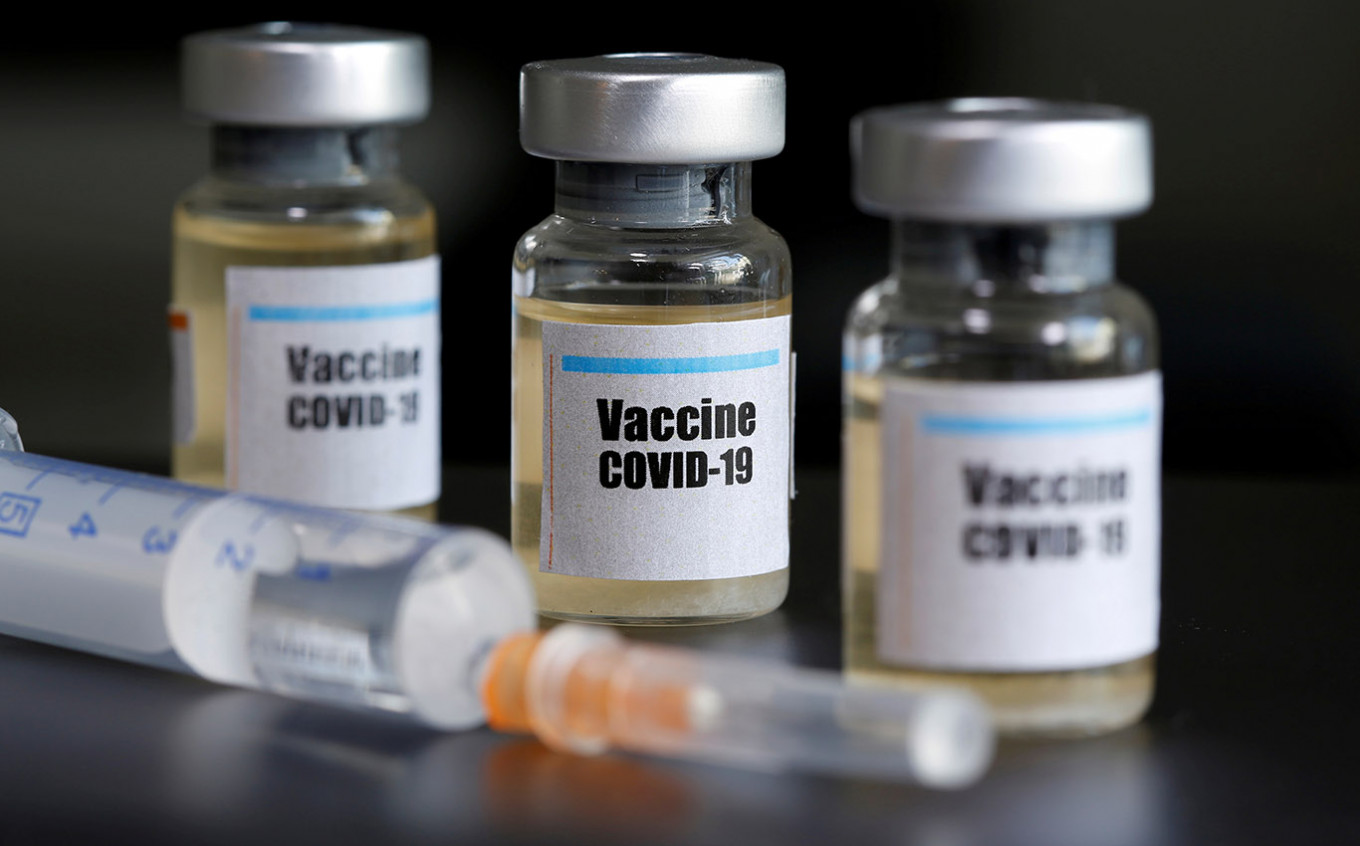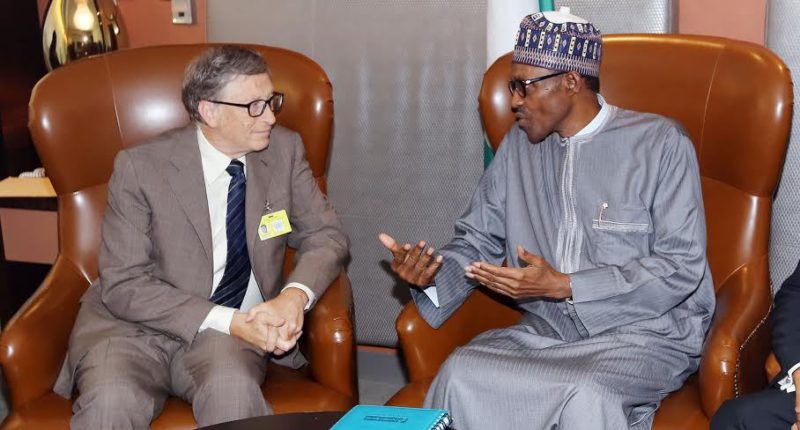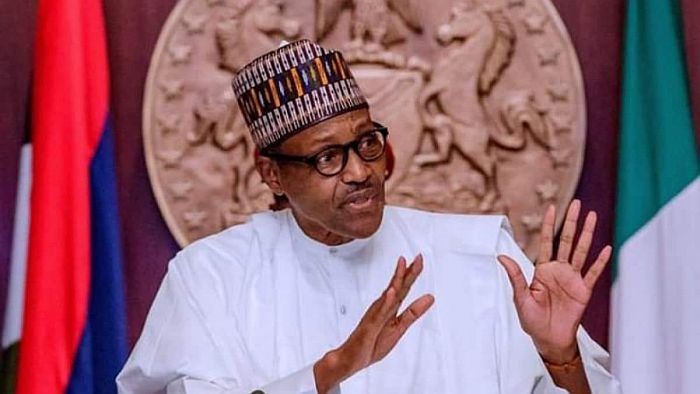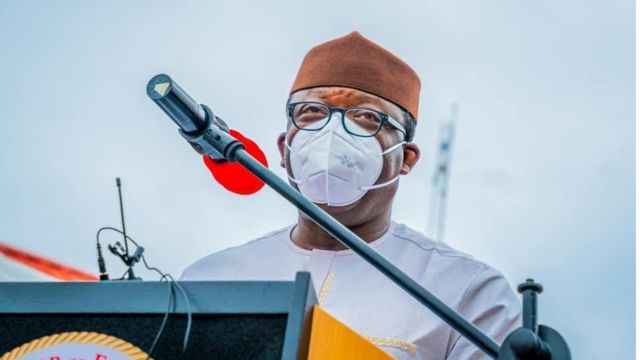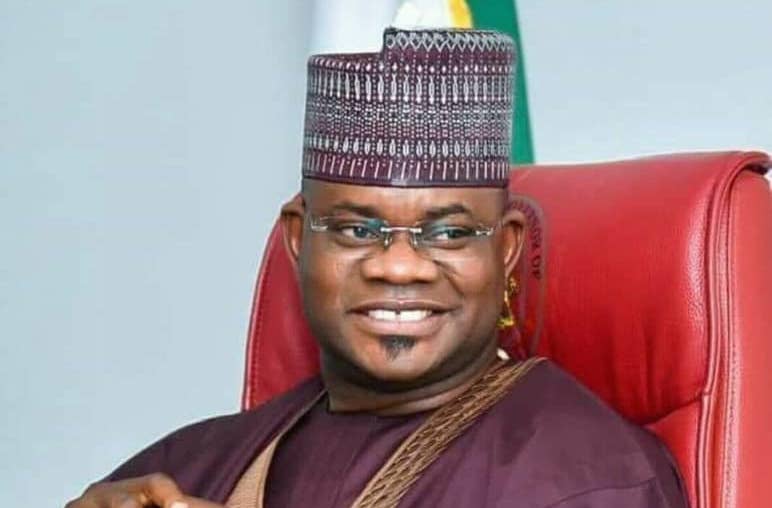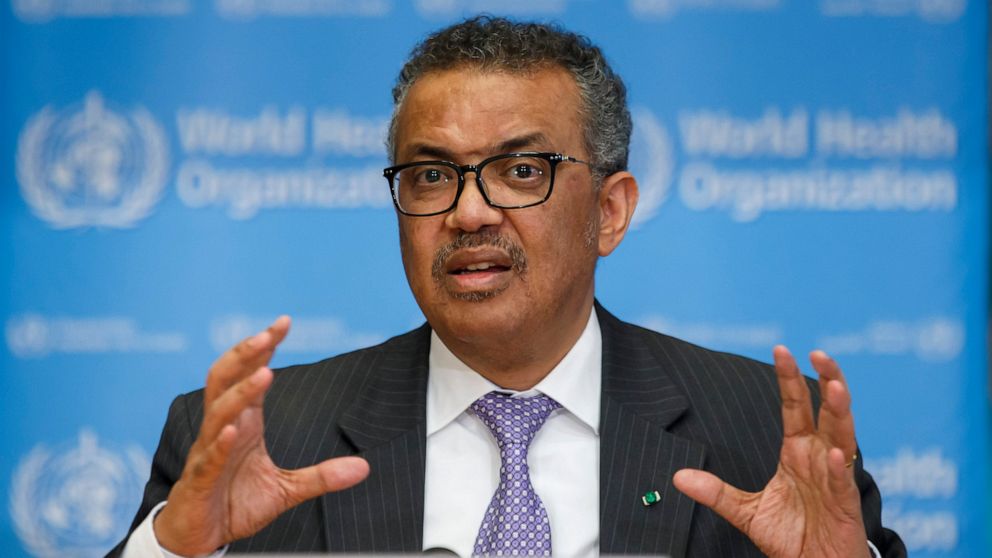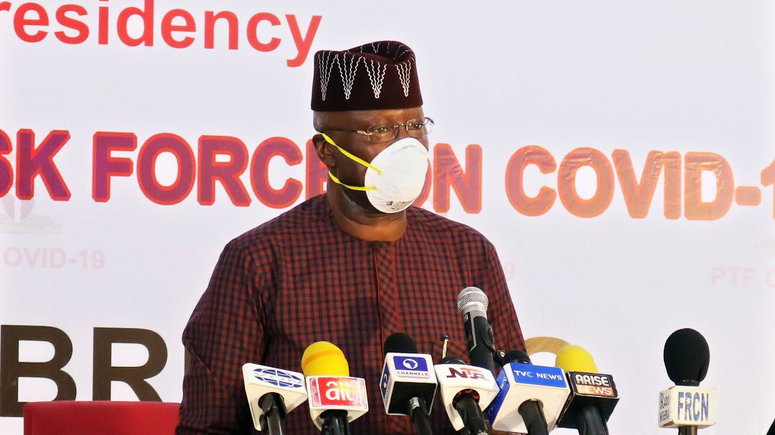Dr Tedros Ghebreyesus, the Director-General, World Health Organisation (WHO), says a number of vaccines are now in phase three clinical trials to prevent COVID-19 pandemic.
Ghebreyesus made this known at a virtual news conference on Monday at the WHO Headquarters in Geneva.
The director-general said: “ We all hope to have a number of effective vaccines that can help prevent people from infection.
“However, there’s no silver bullet at the moment and there might never be; for now, stopping outbreaks comes down to the basics of public health and disease control.
“Testing, isolating and treating patients, tracing and quarantining their contacts. Do it all.
“Inform, empower and listen to communities. Do it all.
“For individuals, it’s about keeping physical distance, wearing a mask, cleaning hands regularly and coughing safely away from others. Do it all.’’
Ghebreyesus said the message to people and governments was clear: “Do it all, and when it’s under control, keep going! Keep strengthening the health system.
“Keep improving surveillance, contact tracing and ensure disrupted healthcare services are restarted as quickly as possible.
“Keep safeguards and monitoring in place, because lifting restrictions too quickly can lead to resurgence.
“Keep investing in the workforce and communicating and engaging communities.
“We have seen around the world, that it’s never too late to turn this pandemic around,’’ he said.
According to him, if we act together today, we can save lives, we can save livelihoods, if we do it all together.
He told journalists that the Emergency Committee on COVID-19 met on Friday and reviewed the current pandemic.
“It was a sobering moment coming six months on from when the committee advised.
“And, I agreed that the outbreak constituted a Public Health Emergency of International Concern.
“At the time, Jan. 30, there were fewer than 100 cases and no deaths outside of China.
“When the Committee met three months ago, three million cases of COVID-19 had been reported to WHO, and more than 200,000 deaths.
“Since then, the number of cases has increased more than five-fold to 17.5 million, and the number of deaths has more than tripled to 680,000,’’ the director-general said.
In addition to the direct toll COVID-19 is having, Ghebreyesus said the committee noted the health impact that disrupted services were having on a range of other diseases.
“That compounds what we already know about reduced immunisation coverage, cancer screening and care, and mental health services.
“A survey of responses from 103 countries between mid-May and early July, found that 67 per cent of countries report disruption in family planning and contraception services.
“More than half of countries reported disruption in antenatal care services and more than a third of countries reported disruption in child birth services.
“On top of the health impact, we have seen the damage COVID-19 has caused socially, economically and politically.
“The committee put forward a number of recommendations for countries to continue to implement to bring the virus under control.
“These range from sharing best practice, to enhancing political commitment and leadership for national strategies and localised response activities driven by science, data and experience.’’
He said from serology studies that most people remained susceptible to this virus, even in areas that have experienced severe outbreaks.
“Over the past week we’ve seen several countries that appeared as though they were past the worst now, contending with fresh spikes in cases.
“However, we’ve also seen how some countries, regions or localities that had a high number of cases are now bringing the outbreak under control.
“It’s not easy, of course. Strict measures may cause their own problems for delivery of essential health services, the economy and societies overall.
“The committee acknowledged that Member States have tough choices to make to turn the epidemic around.
“But, they were also clear that when leaders step up and work intensely with their populations, this disease can be brought under control.’’
He further said we learnt everyday about this virus.
“ I’m pleased that the world has made progress in identifying treatments that can help people with the most serious forms of COVID-19 recover.
“The committee recommended that countries engage in the Access to COVID-19 Tools (ACT) Accelerator, participate in relevant clinical trials, and prepare for safe and effective therapeutics and vaccine introduction,’’ Ghebreyesus said.
